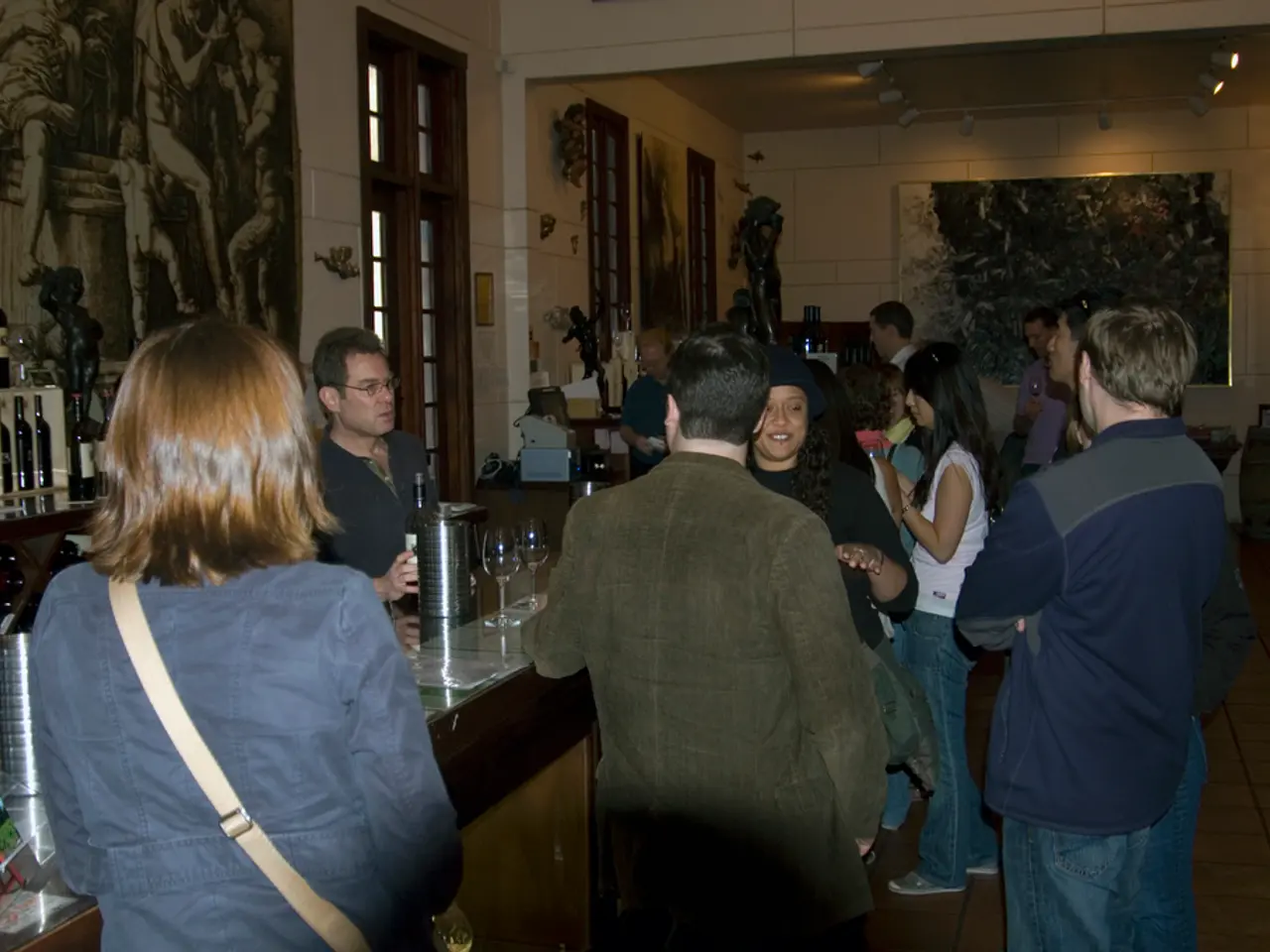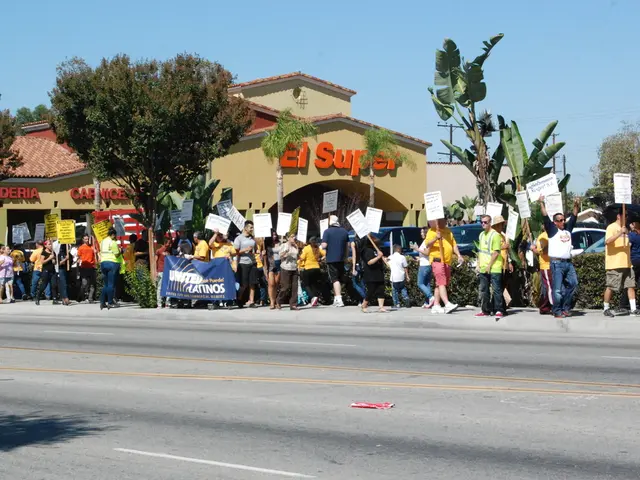Mastering the Art of Efficient Bar Management
In the dynamic and bustling world of the hospitality industry, bar management plays a pivotal role in ensuring the smooth running of licensed establishments. From customer service to inventory management, the role of a bar manager is multifaceted and challenging [6]. Here are some effective strategies for optimizing bar management and inventory management.
**Effective Strategies for Bar Management**
1. **Mastering Bartending Techniques:** Efficiency is key in high-volume bars. Techniques such as memorizing recipes, efficient pouring, and streamlined garnishing can significantly boost speed and accuracy [1].
2. **Integrating Technology:** Bar management apps can streamline operations, track inventory, and manage staff, improving efficiency and reducing errors [4].
3. **Managing Stress:** Effective stress management and work-life balance are crucial for preventing burnout among bartenders and ensuring consistent performance [1].
4. **Focusing on Customer Service:** Providing speedy service without compromising quality is essential for enhancing customer satisfaction [1].
**Effective Strategies for Inventory Management**
1. **Implementing Robust Inventory Systems:** Software can track ingredient usage, predict demand, and automate reordering processes, optimizing inventory levels and reducing waste [2][3].
2. **Adopting the First-In, First-Out (FIFO) Method:** Using older stock before newer stock minimizes spoilage and waste [3][5].
3. **Real-Time Tracking:** Digital tools can track inventory in real-time, allowing for accurate ordering and preventing overstocking or shortages [3][5].
4. **Seasonal and Strategic Sourcing:** Using seasonal ingredients for limited-time offers can drive sales and manage costs [2].
5. **Implementing Portion Control:** Preventing over-portioning and reducing waste, especially in high-volume settings, is essential [5].
**Combining Bar and Inventory Management Strategies**
1. **Data-Driven Insights:** Use data from both bar operations and inventory management to adjust pricing strategies and optimize menu offerings.
2. **Maintaining a Clean and Organized Workspace:** Improving efficiency and reducing errors is facilitated by a clean and organized workspace.
3. **Providing Regular Training:** Regular training on both bartending techniques and inventory management best practices ensures consistency and high performance.
4. **Building Relationships with Liquor Reps:** These relationships can lead to special events, discounts, and free products.
5. **Catering to Regular Customers:** Knowing and catering to regular customers can help guarantee a bar's success in the long run.
6. **Taking a Front-of-House Approach:** The best bar managers often handle administrative tasks in addition to customer service duties.
7. **Regular Training Courses for Bar Staff:** Ensuring staff perform their duties to the best of their ability is facilitated by regular training courses.
In addition, systems like RapidStock can make inventory management easier by updating stock levels instantly and streamlining connections with suppliers, optimizing the entire bar management process [7]. With these strategies in place, bar managers can keep life at the bar interesting, attract customers, and ensure a successful establishment.
- To complement their bar management skills, bar managers can prioritize their personal development and education in fields such as career development, education-and-self-development, and job-search to further succeed in the hospitality industry.
- A well-rounded lifestyle can help bar managers maintain the necessary work-life balance, preventing burnout and ensuring consistent performance in their roles.
- Food-and-drink enthusiasts can benefit from a career in bar management, not only enjoying the social aspects of the job but also the creative elements of crafting unique beverages.







